Feb. 5, 2019:
Borys Hrinczenko, MD, PhD, a lung cancer specialist at the Michigan State University Breslin Cancer Center, has been appointed to the Big Ten Cancer Research Consortium’s steering committee.
As such, Dr. Hrinczenko, who has more than 20 years of experience in cancer research, will represent Michigan State University and help establish research priorities for the 12 member institutions of the Big Ten CRC. He currently is a member of the consortium’s Thoracic Clinical Trial Working Group.
Dr. Hrinczenko called his appointment to the consortium’s steering committee “a wonderful opportunity.
“I’m excited for this chance to contribute to this outstanding organization,” he said. “It’s one thing to do my own research. It’s another to help guide the research of a whole group.”
Dr. Hrinczenko earned his medical degree from the SUNY Downstate College of Medicine in Brooklyn, N.Y. He completed his residency at the Mayo Clinic Graduate School of Medical Education in Rochester, Minn., followed by a combined fellowship in hematology and oncology at the National Institutes of Health.
He recently was named one of America’s top doctors by Castle Connolly Medical Ltd., which rates physicians who are nominated by their peers and pass an extensive screening of their medical education, training and other professional history.
Dr. Hrinczenko’s research focuses on finding new therapies for lung cancer, including checkpoint inhibitors. At the Breslin Cancer Center, he is overseeing a Phase I study of checkpoint inhibitors to harness the body’s immune system against lung cancer, one of more than 10 clinical trials he is leading.
In the course of his career, Dr. Hrinczenko said he has seen great strides in the treatment of many types of cancer, including lung cancer.
“Twenty years ago, there was no immunotherapy and there were only a few limited treatments for cancer,” he said. “Currently, the field has leaped into a new generation of drugs. It’s a revolution in terms of treatments.
“Specifically in lung cancer, in the past there were several not very effective treatments,” said Dr. Hrinczenko, whose father died of the disease. “We have more options now than we ever did before.”
He recalled a patient with advanced lung cancer who had not responded to any other treatments until he prescribed one of the new immunotherapies. Four and a half years later, the patient is cancer free.
“I’d never seen anything like that before in lung cancer,” Dr. Hrinczenko said. “It blew me away.”
He vowed to continue searching for even more-effective treatments.
“I’ll do my best to see that we get more clinical trials to help cancer patients,” he said.
— By Pat Shellenbarger, Michigan State University College of Human Medicine
About the Big Ten Cancer Research Consortium: The Big Ten Cancer Research Consortium was created in 2013 to transform the conduct of cancer research through collaborative, hypothesis-driven, highly translational oncology trials that leverage the scientific and clinical expertise of Big Ten universities. The goal of the Big Ten Cancer Research Consortium is to create a unique team-research culture to drive science rapidly from ideas to new approaches to cancer treatment. Within this innovative environment, today’s research leaders collaborate with and mentor the research leaders of tomorrow with the unified goal of improving the lives of all patients with cancer.
About the Big Ten Conference: The Big Ten Conference is an association of world-class universities whose member institutions share a common mission of research, graduate, professional and undergraduate teaching and public service. Founded in 1896, the Big Ten has sustained a comprehensive set of shared practices and policies that enforce the priority of academics in the lives of students competing in intercollegiate athletics and emphasize the values of integrity, fairness and competitiveness. The broad-based programs of the 14 Big Ten institutions will provide over $200 million in direct financial support to almost 9,500 students for more than 11,000 participation opportunities on 350 teams in 42 different sports. The Big Ten sponsors 28 official conference sports, 14 for men and 14 for women, including the addition of men’s ice hockey and men’s and women’s lacrosse since 2013. For more information, visit www.bigten.org.
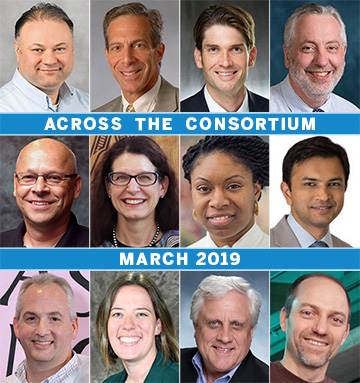
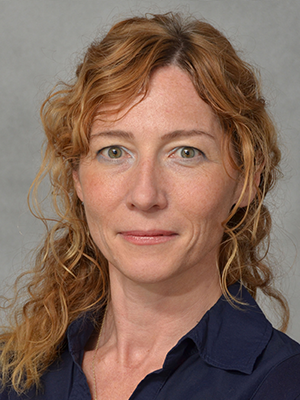
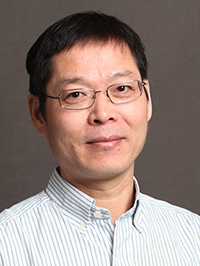
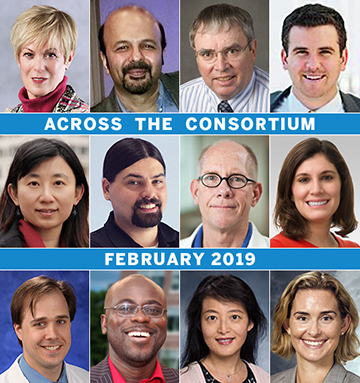
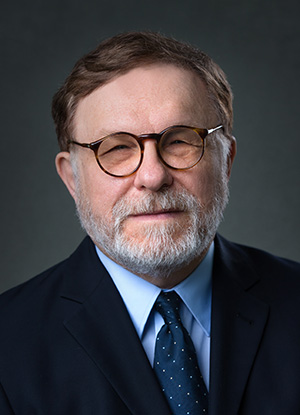
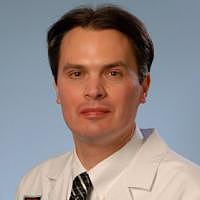 Acute myeloid leukemia (AML), a rapidly progressive form of blood cancer that can occur at any age but mostly presents in patients age 60 and older, represents the most common cause of leukemia-related mortality in the United States and accounts for approximately 21,000 new cases and 10,000 deaths per year.
Acute myeloid leukemia (AML), a rapidly progressive form of blood cancer that can occur at any age but mostly presents in patients age 60 and older, represents the most common cause of leukemia-related mortality in the United States and accounts for approximately 21,000 new cases and 10,000 deaths per year.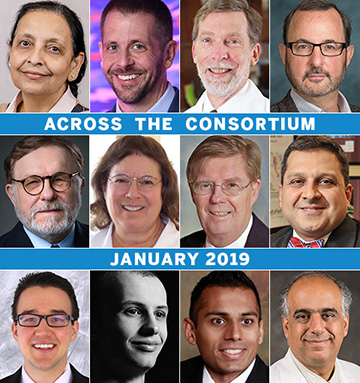
 The
The 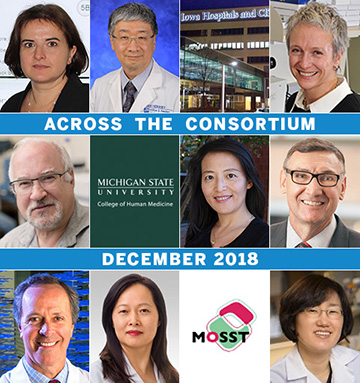
















Subscribe to the Big Ten CRC Newsletter X
X Facebook
Facebook YouTube
YouTube